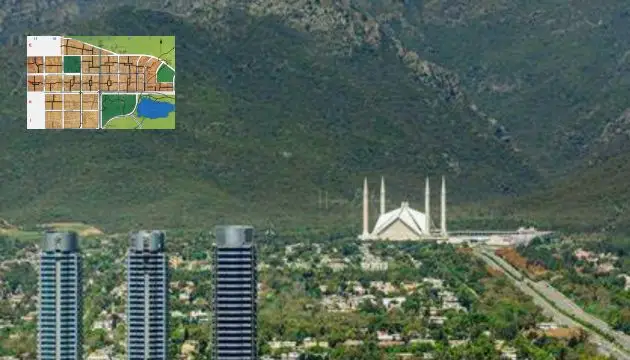ISLAMABAD: A special sub-committee working on administrative changes has suggested creating a new local government for Islamabad, similar to the one in New Delhi, India. This idea comes from an early report by the group, led by Barrister Zafarullah.
The report says Islamabad should have its own elected government with more power handed over from the national government. It recommends organizing the city’s departments into a single system, like the provincial government in Gilgit-Baltistan.
The sub-committee will meet again next week to finish its ideas. After that, it will share them with a bigger group led by Federal Minister Ahsan Iqbal.
The plan includes an elected Islamabad Assembly, where people choose their leaders directly. The assembly will pick a mayor to lead it, but it won’t control things like police or city planning—those will stay with the national government. The mayor will oversee smaller local departments grouped into four areas: Social, Economic, Development, and General.
ALSO READ >>> >>> Expected Eid-ul-Fitr 2025 public holidays, moon sighting dates in Pakistan
Most departments, except police and planning, will report to the mayor. Key agencies like the Capital Development Authority (CDA) will also fall under this new local government. Instead of a chief commissioner, a chief secretary will run things locally, while police and planning will still answer to the national government.
The new Islamabad government would work independently, like Gilgit-Baltistan, and make its own rules. To make this happen, a new law called the Islamabad Capital Territory Act 2025 will be passed. Until then, the president could issue a temporary order, as was done for Gilgit-Baltistan in 2018. Existing rules from 1973 will also be updated, and a legal draft will be ready in a month.
The report says no extra money is needed since existing offices will just be reorganized. The plan splits departments into two lists: one for police and planning (under the national government) and another with 26 departments (under the local government).














